A Tale of Friendship, and Loss
Jonathan Majors and Jimmie Fails in The Last Black Man in San Francisco. A24
Friendship is one of those things we so often underrate but can find incredibly difficult to hold on to. When you combine the responsibilities of life, like jobs, families and mortgages, finding the time and energy to cultivate relationships can be an insurmountable challenge. For Black people, that can be improbable. For Black men, it seems impossible.
Friendship seems to be the defining theme of the brilliant and breakthrough film, The Last Black Man in San Francisco. The film, which stars Jimmie Fails as himself, follows Fails along with his best friend, Mont (Jonathon Majors) as they explore a city they love but increasingly do not recognize. Jimmie and Mont wait for the bus daily, skateboard around town, and slug their way to working class jobs. In between, Jimmie obsesses over the house of his childhood, unable to come to grips with the White couple currently occupying it, their unwillingness to upkeep the home, and his own inability to ever have the means to afford it. After all, Jimmie’s grandfather built the home himself in the 1940’s.
There’s the obvious sentiment of gentrification, which White people have seemingly made the new colonialism. Jimmie lived in that house as a child, until he didn’t, and now he doesn’t recognize what has become of this nearly Whites and Asians only neighborhood in a city known for way more than tech and vegan restaurants. It’s an ode of sorts to Black culture and experience. Too often, Black people are sidelined to the stills of history, and as many American cities re-write their past and future simultaneously, you rarely hear of Black folks’ contributions to the urban landscape anywhere west of the Mississippi, sans Los Angeles. Yet before the geeks with sticks up their asses and rimless glasses landed in the Bay Area or Seattle or Austin, Black people were ever present, having built much of the infrastructure, labored in cultivation of most of the ideas, and raising many of the people sitting and standing in offices today. We are more than the American south or midwest.
Jimmie Fails plays a version of himself in “The Last Black Man in San Francisco.” A24.
It bears to be said, then, that perhaps the reason many Black men struggle to maintain friendships is not lack of effort, but rather a product of evolution. Displacement has been the norm for centuries of Black American families, and though the means by which we are removed from our dwellings has changed over time, the underlying sentiment hasn’t. You don’t belong here, they say, even when we know we do. Maybe that constant rejection, that continuous fear of removal, lends itself to Jimmie’s sudden and abrupt separation from that which he truly loves.
I adored this film. It isn’t perfect. There are times when the dialogue could be richer, and backstories about several characters that could help with development. Yet that, too, is one of the explanations for its brilliance. Put another way, Black men rarely ever get to tell their story, and almost never get to tell it in full. Despite that limitation, Jimmie’s story is told in full in the areas it matters most. Without question, Jimmie loves his childhood home, and he loves his friend Mont, and as the film progresses, you find yourself hoping that when the credits start to roll, he ends up with both in hand. But that wouldn’t be a realistic depiction of Black male friendship now would it?
The Last Black Man in San Francisco was released in theaters in June 2019. It is available on Amazon Prime.


